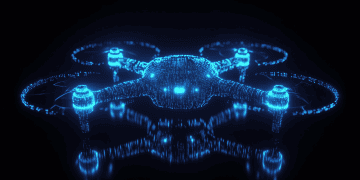- Direction:
- GovTech
Ukraine Breaks New Ground: Diia.AI Recognized as World’s First National AI for Government Services
- Publication date and time:
- Reading time:
- 2 min

Ukraine has officially set a world record with the launch of Diia.AI — the first AI assistant in the world to provide government services at the national level. The recognition was awarded in the “First” and “Invention” categories by the World Record Book during the WINWIN Summit 2025 in Kyiv.
The award was presented to representatives of the institutions behind the innovation:
- Mykhailo Fedorov, First Deputy Prime Minister and Minister of Digital Transformation of Ukraine
- Viktor Liakh, President of East Europe Foundation
- Jacques Gerber, Swiss Federal Council Delegate for Ukraine
- Charlotte Surun, Deputy Head of Mission, British Embassy in Kyiv

Launched in September 2025, Diia.AI is integrated directly into state registers and enables Ukrainian citizens to access government services through a simple, intuitive chat format on the Diia platform. The assistant can answer questions, guide users, and deliver services — instantly and securely.
Diia.AI is more than a chatbot — it represents Ukraine’s strategic shift from a digital government to an Agentic State. In this new model, artificial intelligence becomes a core tool for decision-making, public service automation, and personalized interaction between government and citizens. Ukraine is among the first countries to begin building this type of governance infrastructure at scale.
This innovation has also positioned Ukraine as a global leader in the practical application of AI in public services — even amid the challenges of full-scale war. Diia.AI proves that a government can be both technologically advanced and people-centered, using innovation not just to digitize services, but to make the state more responsive, transparent, and human.
Diia.AI was developed with support from the Digitalisation for Growth, Integrity and Transparency Project (UK DIGIT), implemented by Eurasia Foundation and funded by UK Dev, and with the support of the Swiss-Ukrainian EGAP Program, implemented by East Europe Foundation.


